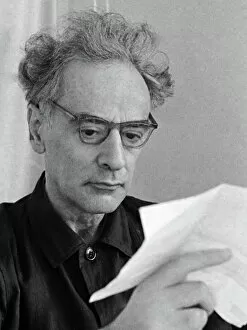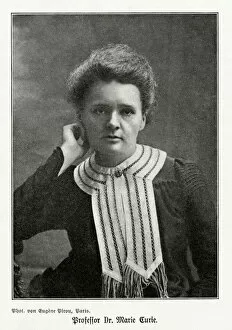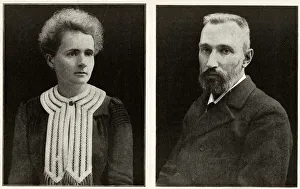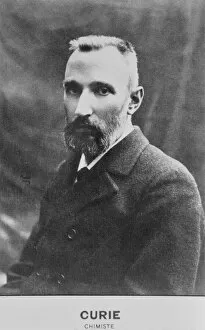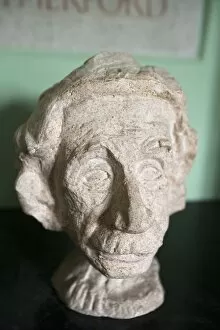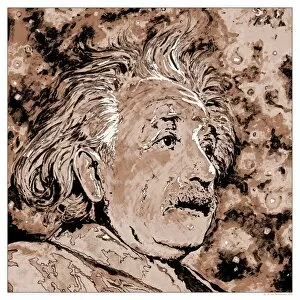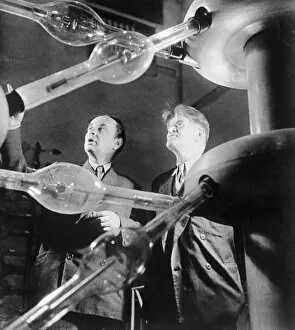Nobel Prize For Physics Collection
The Nobel Prize for Physics is one of the most prestigious awards in the scientific community, recognizing groundbreaking discoveries and advancements in the field
All Professionally Made to Order for Quick Shipping
The Nobel Prize for Physics is one of the most prestigious awards in the scientific community, recognizing groundbreaking discoveries and advancements in the field. Since its inception in 1901, this esteemed prize has been awarded to some of the greatest minds in physics, including Albert Einstein, Marie Curie, and Richard Feynman. Winners are honored for their contributions to our understanding of the universe and for pushing the boundaries of human knowledge. The Nobel Prize serves as a testament to the power of curiosity, innovation, and perseverance in unraveling the mysteries of our world. It inspires future generations of scientists to continue exploring and questioning the unknown. Winning this award is not just a personal achievement but a recognition of humanity's collective pursuit of truth and understanding. The Nobel Prize for Physics stands as a beacon of excellence in science and a celebration of human ingenuity at its finest.

